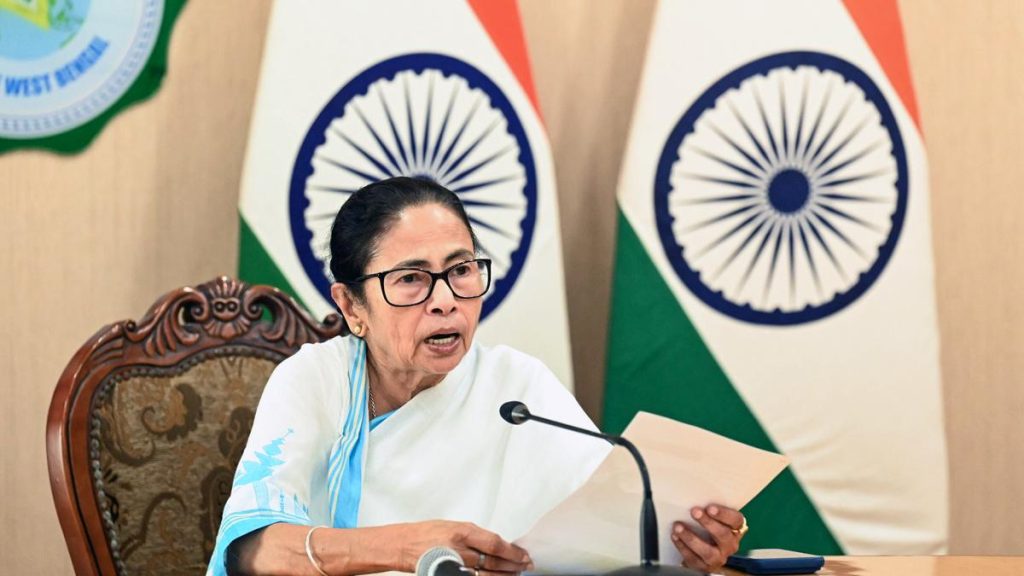Now Reading: Steve Bannon Cautions Trump on Deeper US Role in Iran Conflict
-
01
Steve Bannon Cautions Trump on Deeper US Role in Iran Conflict
Steve Bannon Cautions Trump on Deeper US Role in Iran Conflict

Fast Summary
- Steve Bannon, a prominent MAGA figure, warned against the Trump management’s potential involvement in a lengthy conflict with Iran, stressing it could “tear this country apart.”
- he expressed strong opposition to another “forever war” similar to Iraq and Afghanistan.
- Bannon criticized hawkish Republicans and conservative media voices pushing for deeper U.S. engagement in the Middle East conflict.
- He argued that Israel should bear primary responsibility for managing its tensions with Iran instead of expecting U.S. military backing.
- President Trump has demanded iran’s “unconditional surrender” on social media but hasn’t clarified specifics on actions such as airstrikes or broader escalation.
- Recent polling from YouGov indicates only 16% of Americans support U.S. military involvement between Israel and Iran; less than a quarter of Republicans share this view.
- Israeli Prime Minister Benjamin Netanyahu reportedly floated ideas like regime change efforts in Iran, which Bannon denounced as unrealistic without proper consideration beforehand.
- Despite pushing back on calls for escalated intervention overseas, Bannon defended President Trump’s current Cabinet officials-highlighting Secretary Marco Rubio’s dual role as Secretary of State and acting national security adviser-as capable leadership.
Indian Opinion Analysis
Steve Bannon’s warnings reflect ongoing divisions within political discourse about America’s foreign policy trajectory. His strong resistance to expanded military action aligns with broader public sentiment opposing further entanglement in the Middle East-a region often associated with “forever wars.” This internal disagreement among conservative factions could influence global diplomatic strategies, notably since both Israeli initiatives against Iran and hawkish Republican calls rely heavily on expected U.S. support.
For India, this evolving debate underlines the complexities of geopolitics impacting regional stability near its western borders. While immediate stakes remain distant for India itself, prolonged instability involving major powers like the U.S., Israel, or Iran might indirectly affect cross-border trade flows through critical areas like West asia or contribute to heightened competition over energy markets shared by India.
Neutral diplomatic positioning might be key for India’s foreign strategy amid changing alliances in Western policy circles regarding conflicts abroad-the outcome reshapes likely choices ahead!


























